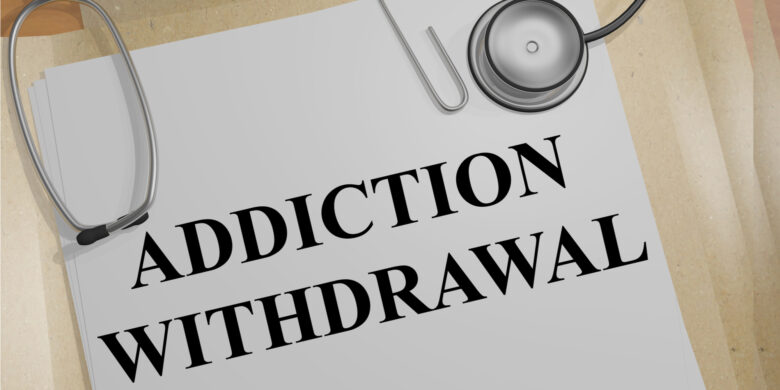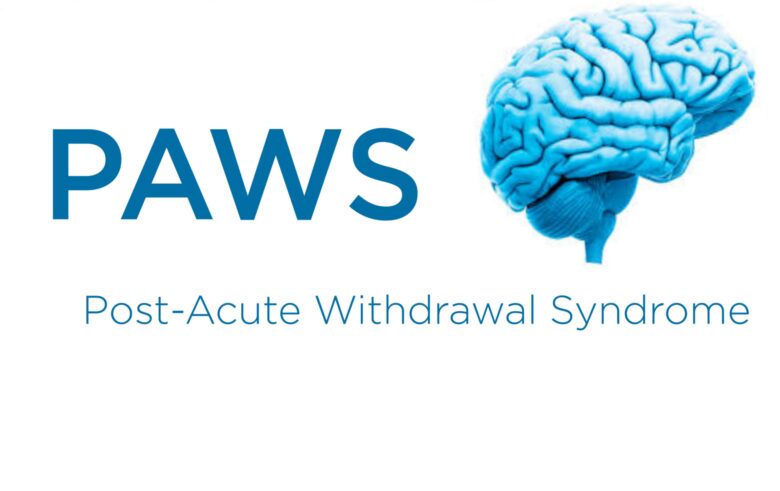Alcohol withdrawal can be a distressing and even dangerous process, so supporting a person as they detox from alcohol often requires a great deal of compassion, patience, and forward planning.
Whether a person decides to detox unassisted at home, in a rehab facility, or under medically-assisted detoxification at home, providing encouragement and affirmation is important.

Source: addictioncenter.com
Contents
What is Withdrawal?
In order to support a person you care about who is experiencing alcohol withdrawal symptoms, it is useful to know what the withdrawal symptoms are and what causes them. Generally withdrawal symptoms begin as a person tries to detox from a substance and allow all traces of the drug or alcohol to leave their system. This may be due to medical reasons, for surgery, pregnancy, or as the beginning of substance abuse treatment. Detoxification is generally said to be the first stage in alcohol addiction recovery, and the hardest hurdle to overcome.
Withdrawal is a predictable set of symptoms that arise in response to a sudden change in blood alcohol concentration in a person’s body. For people who have become dependent on alcohol – generally after consuming large amounts for an extended period of time – the body adapts its functioning to the presence of the substance. Alcohol is a central nervous system depressant, so when consumed, it causes feelings of relaxation and euphoria.
Over time, the body will adapt to this as it works to maintain balance. Signals will be sent to the brain to produce more neurotransmitter receptors that stimulate the central nervous system. When a person stops consuming alcohol, the body begins to notice the changes. When alcohol is not being consumed, it affects not just receptors you originally had but also the additional receptors your body made. This results in an overactive central system causing symptoms such as anxiety, irritability, rapid heart rate, sweating, tremors, and nausea.
In severe cases, some people experience delirium tremens (DTs), a serious condition that includes hallucinations, high body temperature, illusions, paranoia, and seizures.

Source: heroesmile.com
How Can You Help?
Alcohol addiction is generally accompanied by a great deal of stigma. Supporting a person going through withdrawal can be tough, but it can also provide a great deal of reassurance and support for someone going through a deeply challenging time.
There are many ways of helping and supporting a loved one who is going through alcohol withdrawal. Detox is different for everyone and there are a range of physical and psychological effects that people experience with differing degrees of severity. As a general rule, the best way to support someone is to ask them what their needs are. Creating a plan for their withdrawal, with knowledge of the general alcohol detox timeline, could be a helpful place to start.
Having prior knowledge of the different symptoms that may be felt at different stages could help with preparation and increase the chance of completing detox without relapse. Having a back up plan of what to do if a person lapses is also important, so that they can continue their detoxification, without fully relapsing and continuing to drink.
Detoxification Method
The best way to support someone also often depends on the type of detoxification they are doing. A person going through alcohol detox without medical supervision at home will naturally require a great deal more support than a person undergoing medical detox in a rehab centre. There are different ways of providing care and support for each.

Source: imbuenatural.com
At Home Detox
People going through outpatient or at home detox will generally require the most support and supervision. Knowing what their detox plan is and how they aim to get through the process can help with planning how to support them. Ensuring they have enough food, that they are staying hydrated and nourished is important. Vomiting and profuse sweating are common during alcohol detox so staying hydrated can be difficult. Nutritious food and electrolyte drinks are useful in combating the negative effects of these symptoms.
Knowing the dangers and signs of potentially life threatening symptoms is an important way of supporting someone as they go through alcohol detoxification. Certain symptoms such as seizures or fever can be life-threatening so looking out for these is important.
Inpatient Detox
Inpatient detox, also referred to as medically assisted detox or medically supervised detox involves an assessment from a team of addiction professionals and then a period of completing the withdrawal process in a rehab facility.
Inpatient detox is customised to the needs of the patient. A team of medical professionals will oversee the entire process and administer medication where appropriate to alleviate the often severe symptoms of alcohol withdrawal.
For someone completing alcohol detoxification with medical supervision, they may have support from medical professionals, but emotional support and care from a loved one can be just as important to maintain the motivation and strength to keep going.

Source: oceanhillsrecovery.com
Post Acute Withdrawal Symptoms (PAWS)
Even after a person has completed the detoxification process, they experience post acute withdrawal symptoms which can last for up to two years. These are generally psychological symptoms and emotional instability. An individual who has stopped consuming alcohol may experience what feels like a rollercoaster of emotions, with waves of anxiety and depression, seemingly out of nowhere. Maintaining regular contact, allowing time and space for them to deal with the waves of emotional stress, and being understanding when they may cancel plans last minute or seem distant and distracted are all ways of supporting someone through what can be a serious cause of relapse even after a year of sobriety.
Addiction Treatment
Researching different forms of treatment available to help with the detoxification process is a great way of being prepared. Even those with the best intentions and motivation to detox at home may struggle with the withdrawal symptoms to the point of relapse. Having information on hand about local addiction centres or at-home medically-supervised detox could help a loved one to complete the process. Additionally, having information on addiction treatment therapies or support groups for when the person has completed detox can be a great help. Doing your best to ensure a person feels supported, accepted, and loved is so important.
Withdrawal is, however, an incredibly difficult time, so ensuring you take care of yourself while attempting to care for someone else is key.
